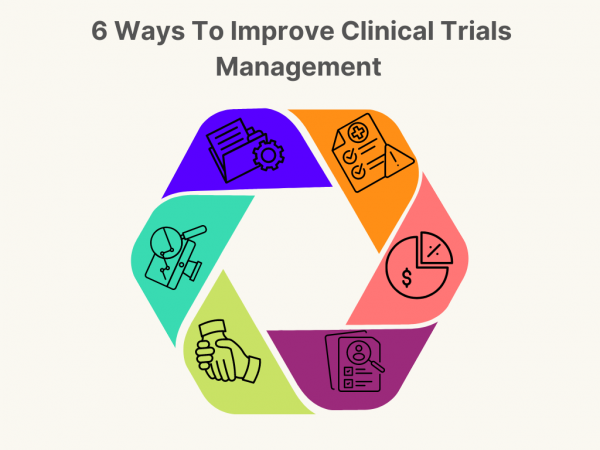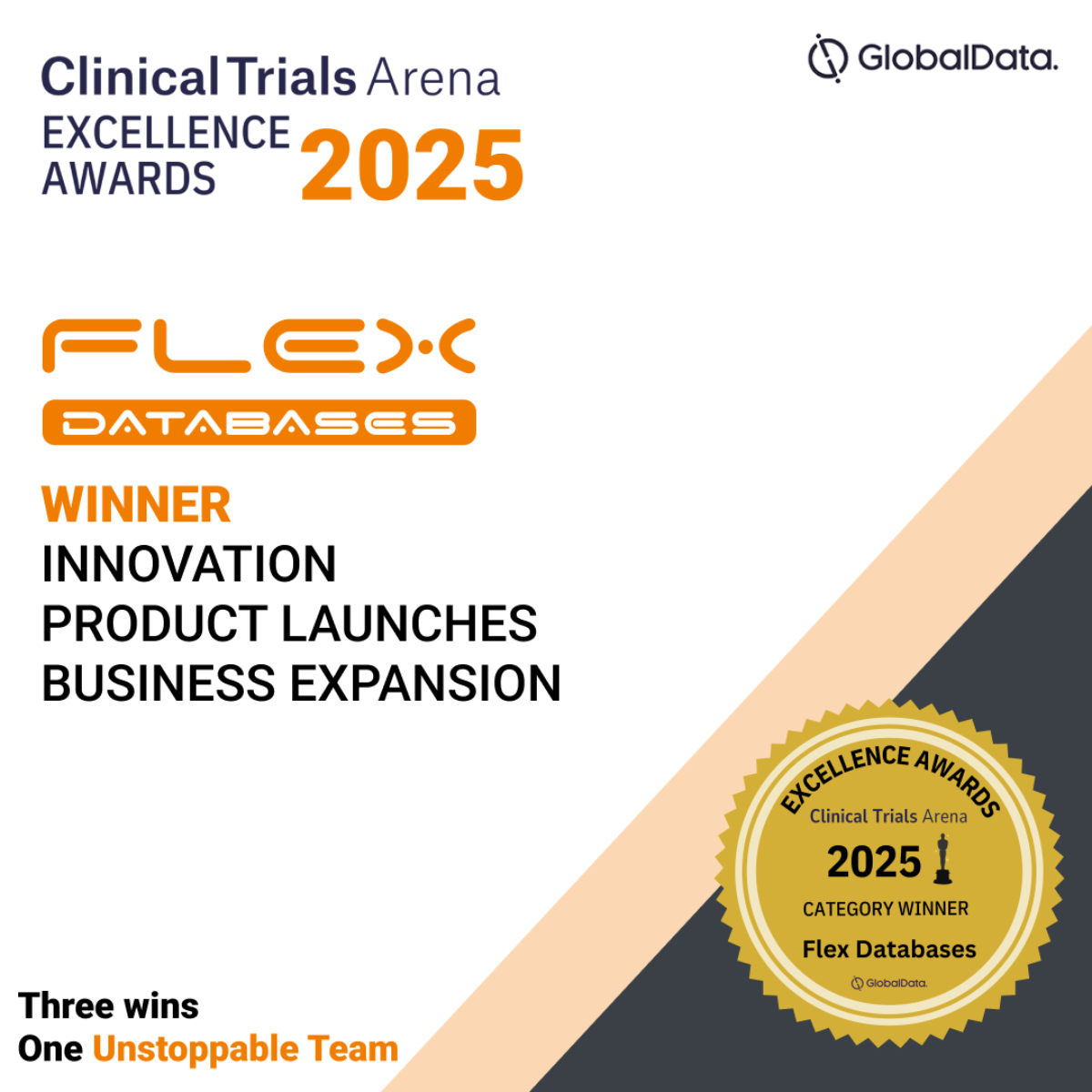6 Ways To Improve Clinical Trials Management
July 11, 2024

Clinical trials play a crucial role in medical progress, yet effective management is essential to maximize their impact. Administrators must craft a thorough strategy to enhance how trials are managed. Here are five strategies to transform clinical trial management, providing administrators with the tools and insights needed to navigate healthcare research challenges effectively.
Simplify planning and developing protocols
Creating clinical trial protocols involves managing numerous details, timelines, and regulatory requirements. This process becomes more complex with larger trials, posing challenges such as increased risks of errors and delays in starting trials.
To address these challenges, research administrators can simplify planning and development. One approach is adopting protocol templates that provide a structured framework. These templates ensure all essential elements are included while promoting consistency and reducing errors and redundancies. Breaking down the development process into manageable steps also helps teams maintain a clear and achievable timeline.
Additionally, leveraging technological tools can streamline protocol development. These tools aid in creating, revising, and managing protocols to align with regulatory standards and best practices. Collaborative platforms facilitate real-time teamwork and communication, minimizing bottlenecks throughout the process.
Optimize budgets and resources
Managing clinical trial budgets and resources is crucial for ensuring adequate funding throughout the trial’s duration. Poor management can lead to significant delays or even jeopardize the entire project.
Effective clinical trial management and budgeting involves early planning, careful budgeting, and optimizing resources. Administrators must identify potential cost-saving opportunities to prevent budget overruns and maintain project continuity. Utilizing specialized management tools can greatly simplify this process.
These tools provide administrators with essential information to allocate resources according to trial objectives and timelines. They also offer real-time insights into spending, allowing administrators to make necessary adjustments to stay within budget constraints and proactively address funding needs as they arise.
Enhance participant recruitment and engagement
Another crucial aspect for the success and validity of clinical trials is improvement of participant recruitment and engagement. Insufficient participant numbers can cause significant delays, while high dropout rates can compromise data quality.
To address these challenges, research administrators should consider innovative strategies to enhance recruitment. Digital platforms and social media can help you to expand outreach and boost recruitment processes. These online tools streamline access to potential participants and reduce both time and costs associated with recruitment efforts.
Moreover, maintaining participant engagement throughout the trial is essential. Adopting a participant-centered approach that prioritizes participant needs, addresses concerns promptly, and seeks feedback can foster a positive trial experience. This approach encourages active participation and enhances retention rates.
Improve data management and compliance
Despite its defined purpose, data management poses challenges such as handling large volumes of data, maintaining meticulous record-keeping, and meeting stringent regulatory standards.
Ensuring data integrity and security is critical, as any compromise can jeopardize patient safety and damage an organization’s reputation. To address these concerns, research administrators should consider implementing integrated solutions like Flex Databases.
Flex Databases offers a centralized platform for data collection, storage, and analysis. This system complies with regulatory requirements and includes features such as data encryption, audit trails, and user-access controls to bolster data security. By adopting Flex Databases, administrators can streamline data management processes, protect patient data, and enhance the credibility of clinical trials.
Utilize real-time monitoring and reporting
Real-time monitoring in clinical trials ensures adherence to protocols and safety standards by enabling continuous progress tracking, prompt identification of deviations, and timely intervention to mitigate risks.
To empower research teams with real-time monitoring capabilities, organizations should invest in technology that supports continuous data tracking and analysis. These tools provide immediate insights into trial performance, enabling agile decision-making and proactive risk management.
Additionally, digital solutions often include robust reporting features. These capabilities furnish research administrators with timely information to address emerging issues during trials, facilitating efficient advancement of the research agenda.
Foster Collaboration and Partnerships
Strong collaborations and partnerships with other research organizations, healthcare providers, and patient advocacy groups can significantly enhance clinical trial management. These partnerships can provide access to a broader pool of participants, share valuable resources, and facilitate the exchange of knowledge and expertise. Collaborating with various stakeholders can also help streamline regulatory approvals and improve the overall efficiency of clinical trials. Engaging with patient advocacy groups ensures that patient perspectives are considered, further enhancing the trial’s relevance and impact.
FAQ
How can clinical trials be improved?
Clinical trials can be improved by simplifying protocol planning, optimizing budgets and resources, enhancing participant recruitment and engagement, improving data management and compliance, and utilizing real-time monitoring and reporting tools.
How can we improve the clinical trial experience for patients?
Improving the clinical trial experience for patients involves adopting a participant-centered approach that prioritizes their needs, concerns, and feedback. Providing clear communication, minimizing burdensome procedures, and offering supportive care throughout the trial are also essential.
What makes a clinical trial strong?
A strong clinical trial is characterized by well-defined protocols, rigorous adherence to ethical and regulatory standards, robust data management practices, effective participant recruitment and retention strategies, and clear reporting of outcomes.
What is the clinical trial strategy?
The clinical trial strategy outlines the approach and objectives for conducting a trial. It includes protocol development, participant recruitment methods, data management plans, monitoring and reporting procedures, and strategies for ensuring ethical compliance and data integrity.
How are clinical trials managed?
Clinical trials are managed through careful planning, budgeting, protocol development, participant recruitment, data collection and analysis, regulatory compliance, and ongoing monitoring of trial progress and safety.
What is effectiveness in clinical trials?
Effectiveness in clinical trials refers to the ability of an intervention or treatment to produce beneficial outcomes under real-world conditions, reflecting its practical utility and impact on patient health and well-being.



